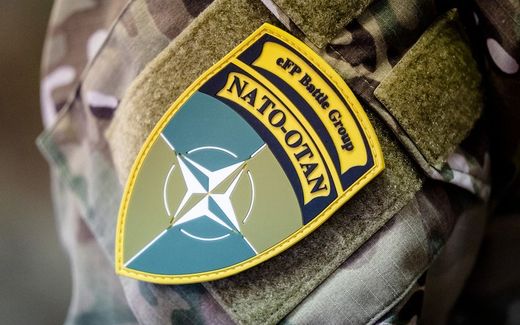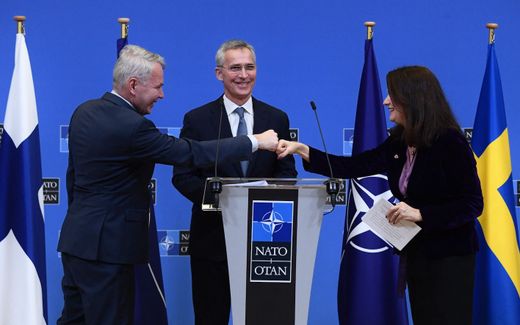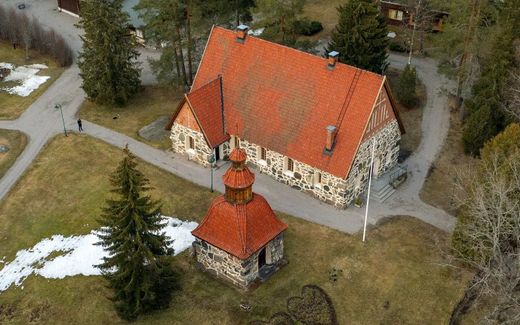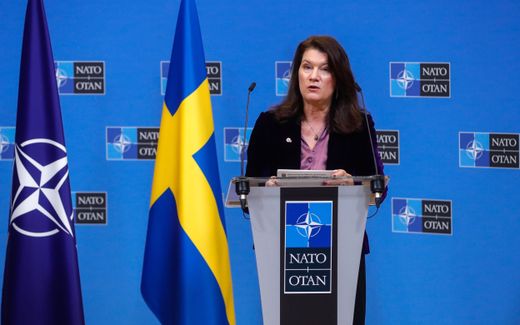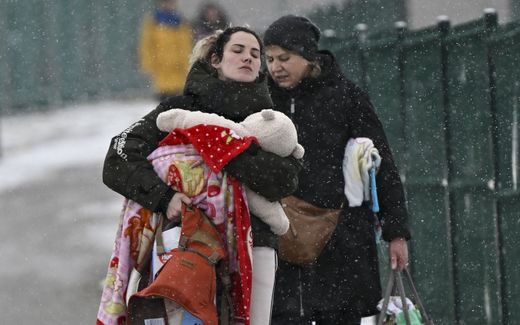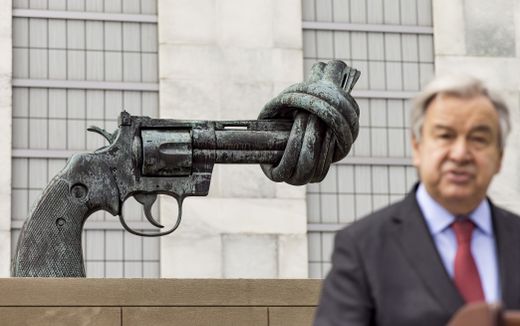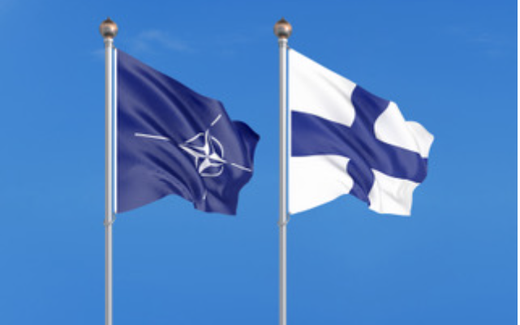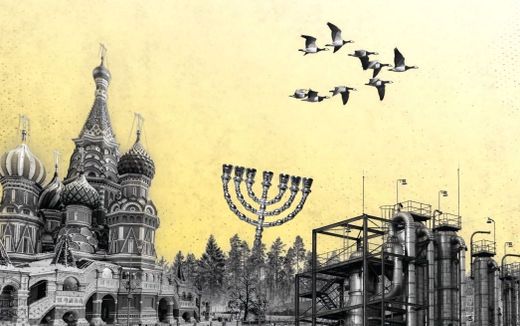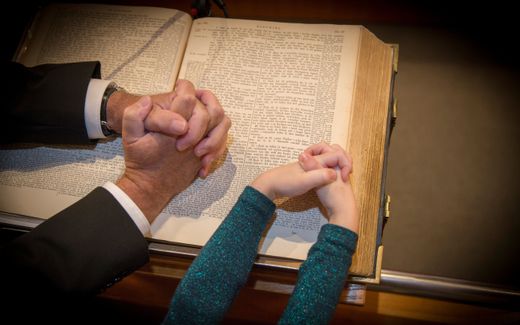One Sunday, the new NATO leader, Mark Rutte, preached in the church about the talents from Matthew 25
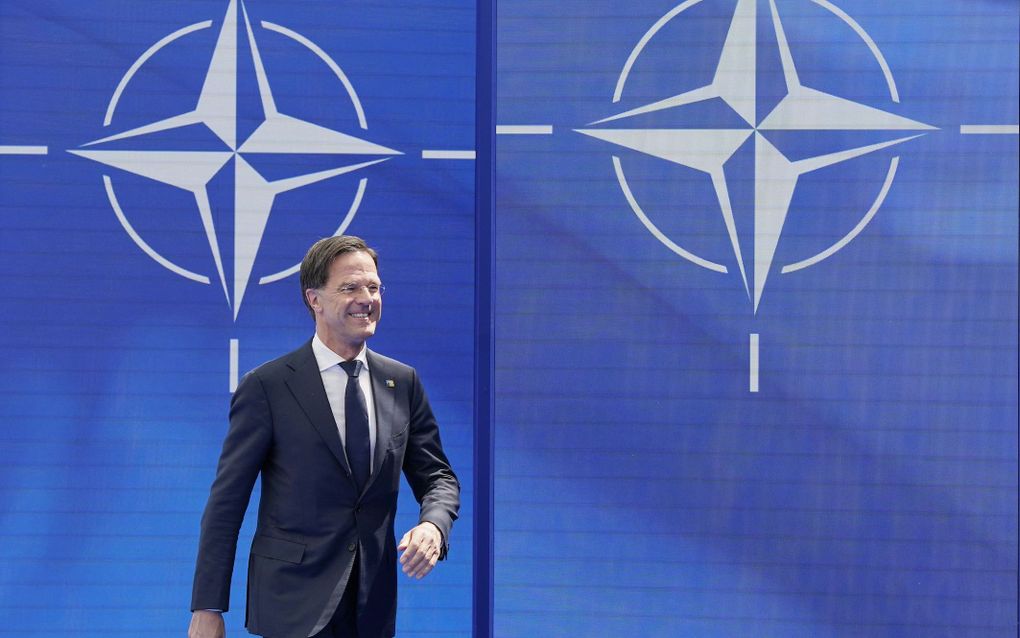
Mark Rutte moves from The Hague to NATO. Photo AFP, Patrick Semansky
Western Europe
As a boy, Mark Rutte aspired to become a concert pianist. But he became Prime Minister of the Netherlands in 2010. From there, he moves to the NATO Headquarters as the new Secretary General. Who is Mr Rutte, and what is his relationship to the Christian faith?
Mark Rutte (born in 1967 in The Hague) is a typical career politician. His entire professional life focuses on the square kilometre of the Binnenhof, the site of the Dutch parliament building, surrounded by the buildings of the different departments.
Lacking the talent to become a concert pianist (his first wish), Rutte studied history at the University of Leiden (1985-1992). Already then, he showed his interest in politics. He was a member of the board of the Youth Organisation Freedom and Democracy, the youth organisation of the Dutch Liberal party VVD (People’s Party for Freedom and Democracy). In 2006, he became this party’s uncontested leader until 2023.
After his studies, Rutte worked as a manager for Unilever (1991-2002), but the world of politics continued to attract him. As a member of the national board of the VVD, he became active in the selection committee for the general election of 2002, which launched him into Parliament in 2003.
He immediately became deputy minister in the First and Second cabinets led by the Christian Democrat Jan Peter Balkenende (2002-2006). After the fall of Balkenende’s second government, Rutte returned to the House of Representatives and soon became the parliamentary leader of his VVD.
Mark Rutte and his VVD won the elections in 2010, 2012, 2017, and 2021. He became the Prime Minister, leading coalitions with parties as diverse as the populist Freedom Party PVV (which gave outside support to Rutte’s first cabinet), the Social Democrats (PvdA), and the Social Liberals (D66).
In July last year, Rutte resigned as his party’s leader, leaving the stage to Dilan Yesilgöz. He promised to leave politics as soon as a new government would take over. He more than once repeated that he would continue his career as a teacher of social studies at a secondary school in The Hague (where he already had been teaching on Thursday mornings).
After the populist PVV won the general elections in November last year and a new government (led by the PVV and supported by Rutte’s VVD) will be inaugurated on July 2 of this year, Rutte rather unexpectedly proved to be the main candidate as Jens Stoltenberg’s successor as Secretary General of NATO. After winning the support of all member states, including –finally– the support of Hungary’s Viktor Orban, Rutte will replace Stoltenberg from October 1 of this year.
As Prime Minister of the Netherlands, Rutte set a record. He served for fourteen years, and no Dutch prime minister has ever served for such a long period. Of course, his long career has seen electoral and political successes and a series of scandals, most notably the scandal with childcare benefits.
He survived them all and has been criticised for being a “man without qualities” whose bad memory served him well during delicate discussions in Parliament. His ultimate nickname became “Teflon Mark” due to his ability to survive political crises with his reputation undamaged.
Rutte is also praised for his extreme flexibility, success as a deal-maker, social intelligence, and sympathetic character. He hardly ever shows a sign of a grumpy mood.
Religious views
Rutte presented his lack of outspoken views as a positive quality. “Vision”, in his view, was like an elephant in the room, obstructing our view. Probably for this reason, Rutte, who is single, has been somewhat hesitant to share his religious views.
He is known to be a member of the Dutch Protestant Church (PKN), the somehow Established Church in the Netherlands of which the royal family is also a member. In politics, he is a true liberal, defending modern so-called achievements like abortion, euthanasia, and LGBT rights. He has never recited laws that practically restrict the constitutional freedom of education.
At the same time, he has presented himself as a “believing person”. He highly regards “Christian values” (the Judeo-Christian tradition), like the separation of Church and State (including, in his view, the separation of faith and politics) and the notion of forgiveness. Unlike many of his co-liberals, he is not allergic to religion, but he has his personal doubts. Faith to him is wrestling.
Most articulate Rutte was in a Lay Sermon (‘Preek van de Leek’), pronounced in November 2016 in his parochial church, the Duinzichtkerk in The Hague. The theme of this sermon was the parable of the talents in Matthew 25:29 (‘For to everyone who has will more be given, and he will have an abundance. But from the one who has not, even what he has will be taken away’).
It is no surprise that Rutte highly appreciated this verse, stressing as it does, in his view, the importance of taking responsibility. “This story reveals the command to every one of us to develop our talents in the here and now, for ourselves and society.”
In his view, faith is the foundation of society. Values like looking after each other, tolerance, and responsibility have a religious background, and as “social capital,” they remain of the utmost importance and need to be cultivated.
This faith was transmitted to Rutte from his youth on. It had nothing oppressive or stringent. It was there, in the family he grew up in, as obvious and self-evident. His conclusion in this sermon was that he was sure that 51 per cent of the time, “there is more in life” than the visible.
Rutte will need this 51 per cent to guide NATO in its challenging period. He must guard NATO’s unity in the debate about supporting Ukraine in its war against Russia and invest in the relationship with the United States, especially after a possible victory by Donald Trump later this year, whom he openly resisted in 2019.
More than a faithful believer, however, Rutte is generally recognised as an inveterate optimist – a virtue he may need more than anything else in the coming years.
Related Articles


